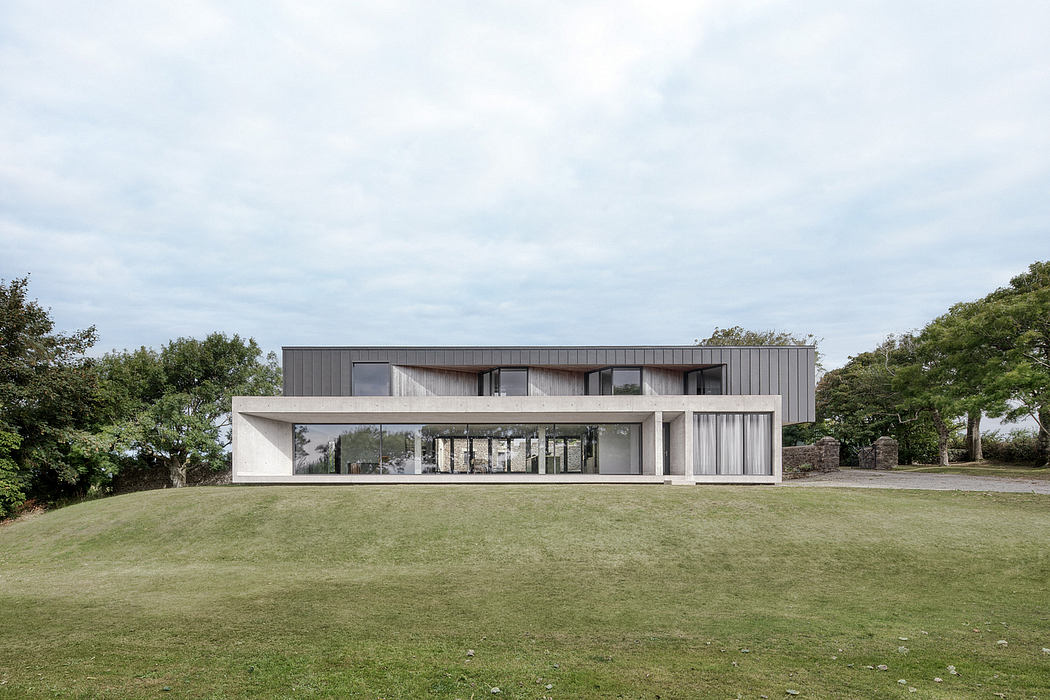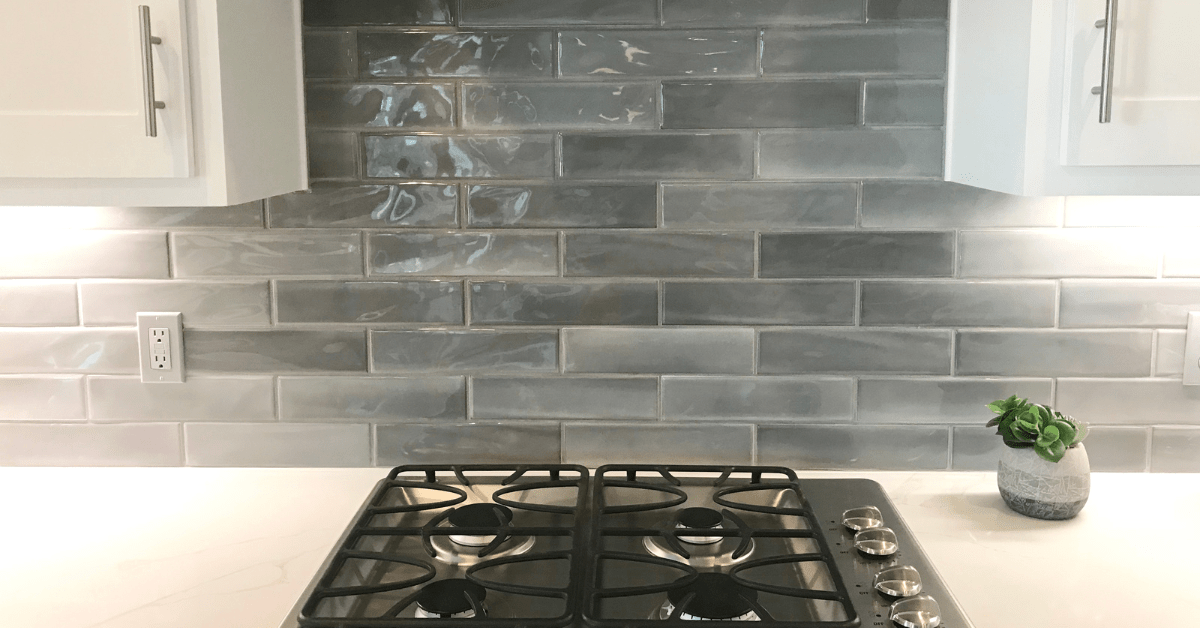Study: When retail stores close down, neighborhood crime goes up

New research on crime and closures confirms Jane Jacobs?s ?eyes on the street? theory Activist, author, and urban theorist Jane Jacobs?s famous concept of eyes on the street?that active, lively mixed-use communities are safer and more stable due to constant observation and activity from neighbors?found support recently from a detailed study of restaurants and retail stores. And it all started with a study of California marijuana dispensaries.
According to a study by Tom Chang and Mireille Jacobson that was published in the Journal of Urban Economics??Going to pot" The impact of dispensary closures on crime??when retail businesses close, the neighborhood not only loses jobs. The area also loses a key crime prevention tool. According to Chang and Jacobson?s research, each open retail business provided over $30,000 annually in social benefit just in terms of the theft it prevented. How did we go from pot to eyes on the street" At first, the researchers looked solely at medical marijuana dispensaries to see if closing them down lowered crime, and supported the view of opponents that these types of businesses are negative crime magnets for the community. In 2010, LA shuttered hundreds of dispensaries in a mass closing, giving the researchers a perfect test case. Their research showed the exact opposite of what was expected; when dispensaries closed, crime went up. And perhaps most tellingly, the type of crime that decreased was of the type that would be most d...
| -------------------------------- |
| Watch our talk with Zaha Hadid Architects about water, wellbeing and design |
|
|












